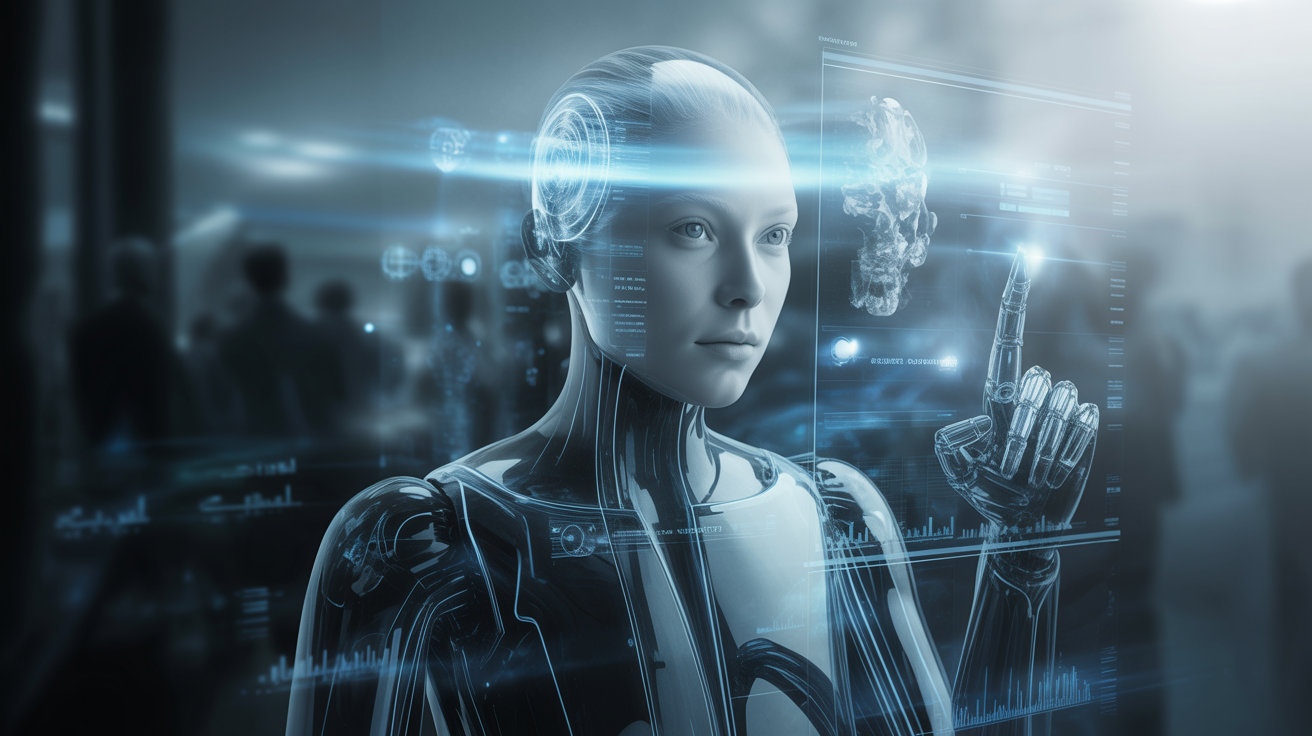By Futurist Thomas Frey
By 2040, the most valuable people in society are not the engineers who built the machines—but the humans who remember why they were built in the first place. As artificial intelligence conquers cognition, optimization, and automation, the premium shifts from technical intelligence to existential intelligence. The winning skill set is not about doing what AI does faster or cheaper—it’s about mastering what remains irreducibly human.
In every field, from business to education to healthcare, the pattern is emerging. The most sought-after professionals are those who translate between machine logic and human values—the synthesis architects. They’re the interpreters who bridge the gap between algorithmic efficiency and moral intention, ensuring that systems designed to maximize outputs don’t quietly erode meaning. In a world ruled by optimization, they are the counterweight of context.
Then there are the neurodivergent specialists and unenhanced thinkers—the creative outliers who see what no model can predict. In an era when every pattern has been mapped, divergence becomes the new innovation. The most disruptive ideas come not from aligning with machine thinking, but from breaking it. Companies in 2040 now actively recruit “cognitive diversity councils,” blending autistic precision, ADHD hyper-focus, and intuitive leaps into structured unpredictability—a competitive advantage AI can’t replicate.
The emotional economy has also inverted. Therapists, teachers, coaches, and even “death workers” have risen to prominence as society realizes that transformation isn’t intellectual—it’s emotional. Machines can diagnose mental health trends or simulate empathy, but they cannot feel the resonance of another’s pain or joy. The most advanced hospital systems now pair robotic precision with human presence: surgical AI performs the operation, while a trained empath sits beside the patient, anchoring them in the humanity of the moment.
Meanwhile, judgment—the ability to make sense of complex, unquantifiable experiences—has become its own profession. “Wisdom curators” are hired by corporations and governments to forecast human consequences decades beyond algorithmic horizons. These are not data scientists—they are philosophers, historians, and storytellers who understand that progress without perspective leads to collapse. Their task: keep civilization from confusing what is possible with what is meaningful.
And finally, the reality anchors—the craftspeople, builders, and repairers who keep humanity grounded in the physical world. As digital abundance swells, tangible reality becomes scarce and precious. Handmade furniture, analog photography, physical repair—these once-modest skills have reemerged as luxury labor. The most coveted homes in 2040 are filled not with screens, but with stories carved into wood and clay.
The irony of 2040 is profound. The jobs we thought were safest—engineering, management, finance—became the easiest to automate. The jobs we thought were doomed—teachers, therapists, artisans—became the ones civilization can’t function without. AI mastered logic; humans mastered meaning. And meaning, it turns out, was the higher order of intelligence all along.
The archetype of this new age is not a technologist but a philosopher. She’s a 52-year-old former professor turned Chief Human Officer at a multinational AI firm. Her entire job is to sit in executive meetings and ask questions no algorithm can answer: “But what about dignity? What about meaning? What about the things we can’t measure, but matter most?” She earns more than most engineers, yet she doesn’t code a line. Her currency is discernment. Her power lies in remembering what the machines were never designed to understand.
Final Thoughts
The 2040s will be defined not by how fast machines evolve, but by how deliberately humans choose to remain human. The most valuable people won’t be those who outperform AI—they’ll be those who humanize the systems that outperform us. As automation conquers work, the ultimate act of progress may be rediscovering what cannot, and should not, be automated. The future doesn’t belong to those who beat the machines—it belongs to those who remind the machines what it means to serve humanity.
Original Article: The Meta-Pattern: The Irreducibly Human
Related reading:
- The Jobs That Will Matter Most in an AI-Dominated World
- How Emotional Intelligence Became the New Competitive Advantage


